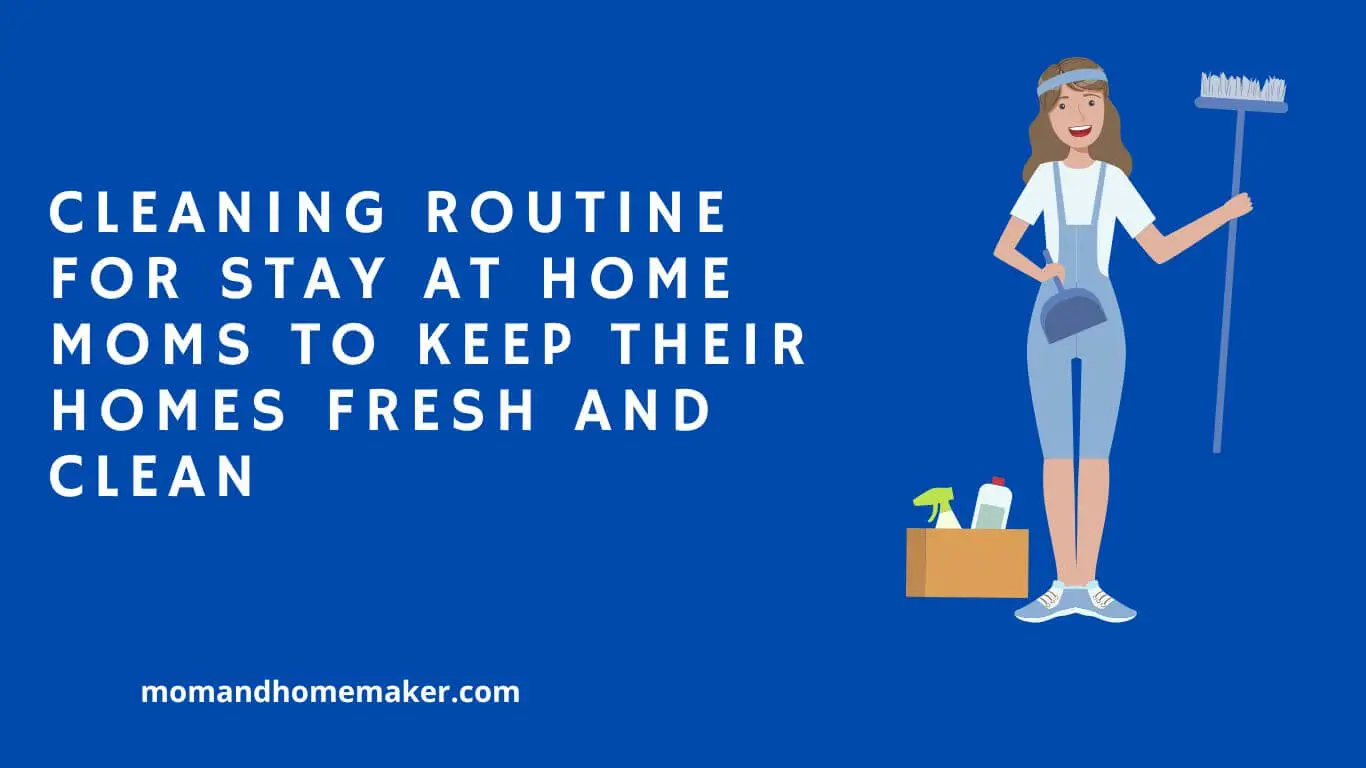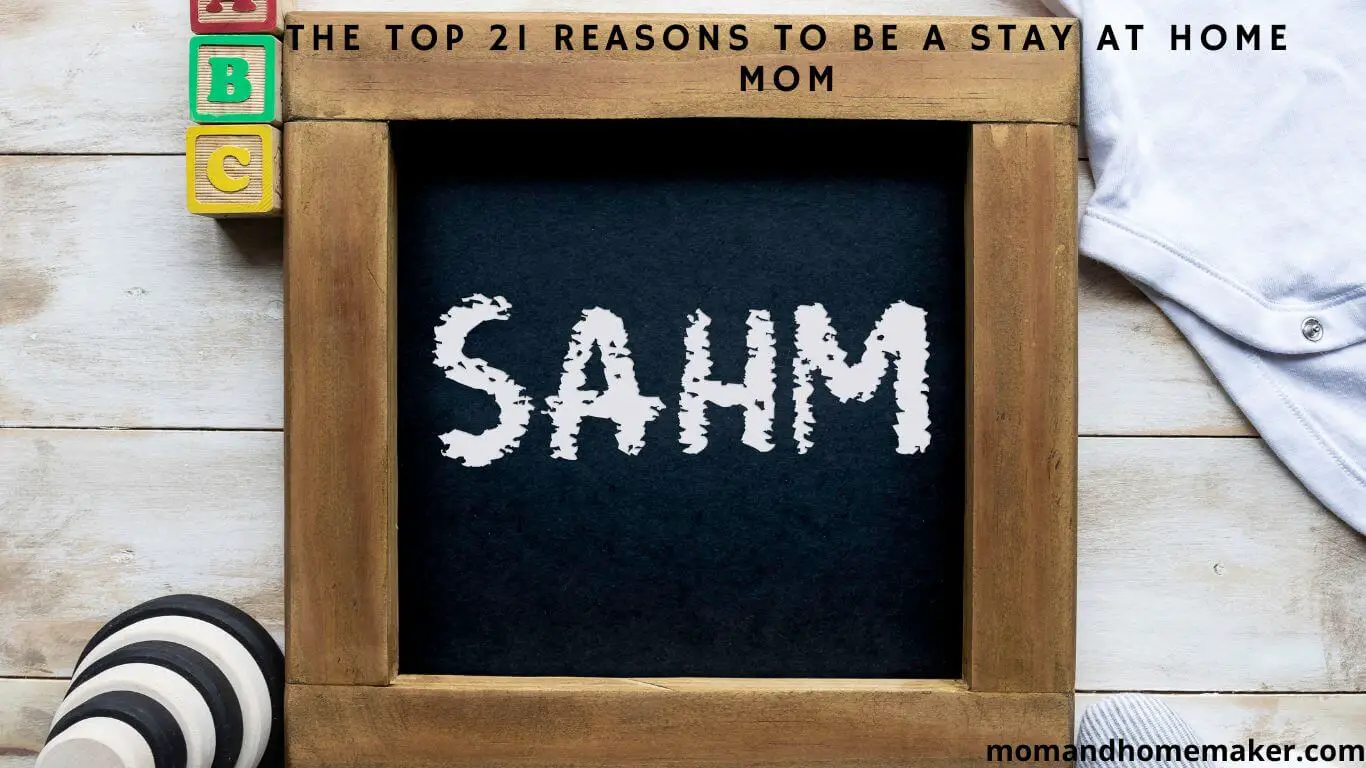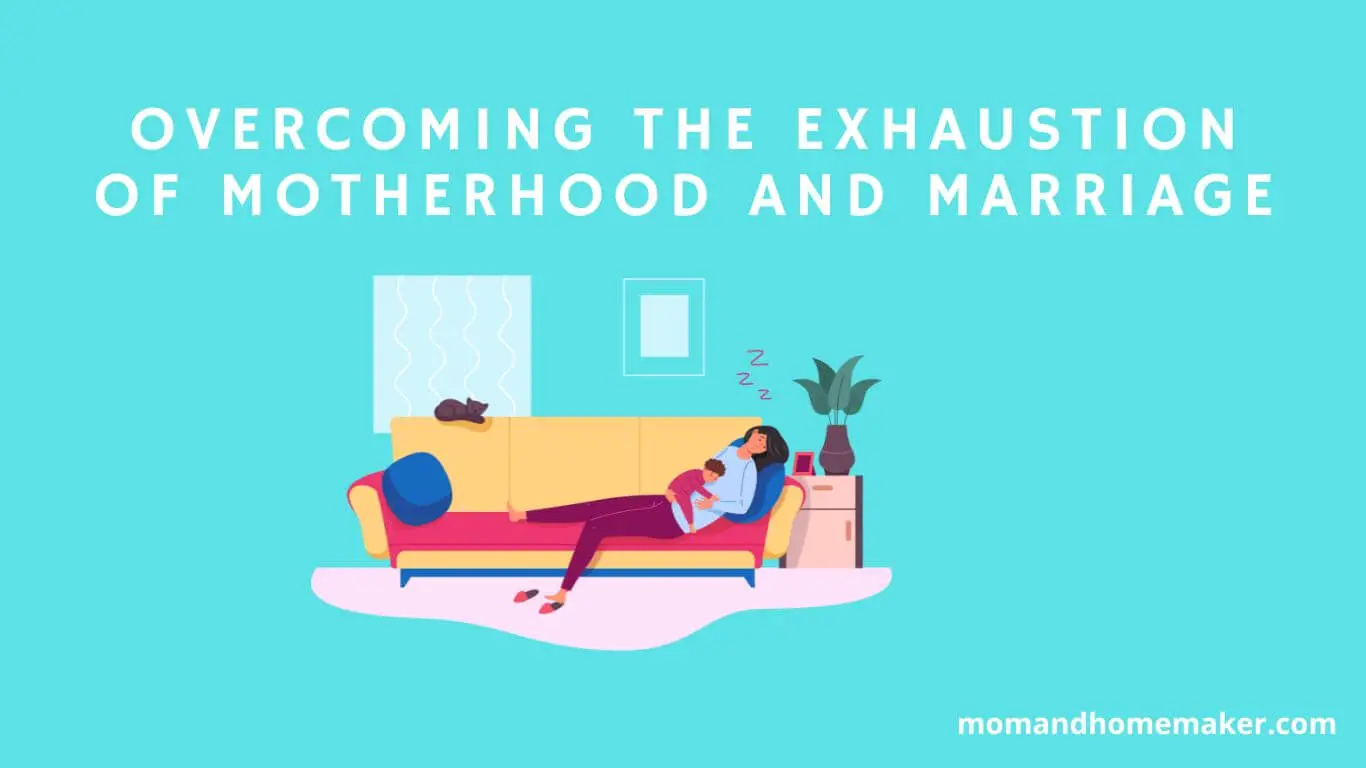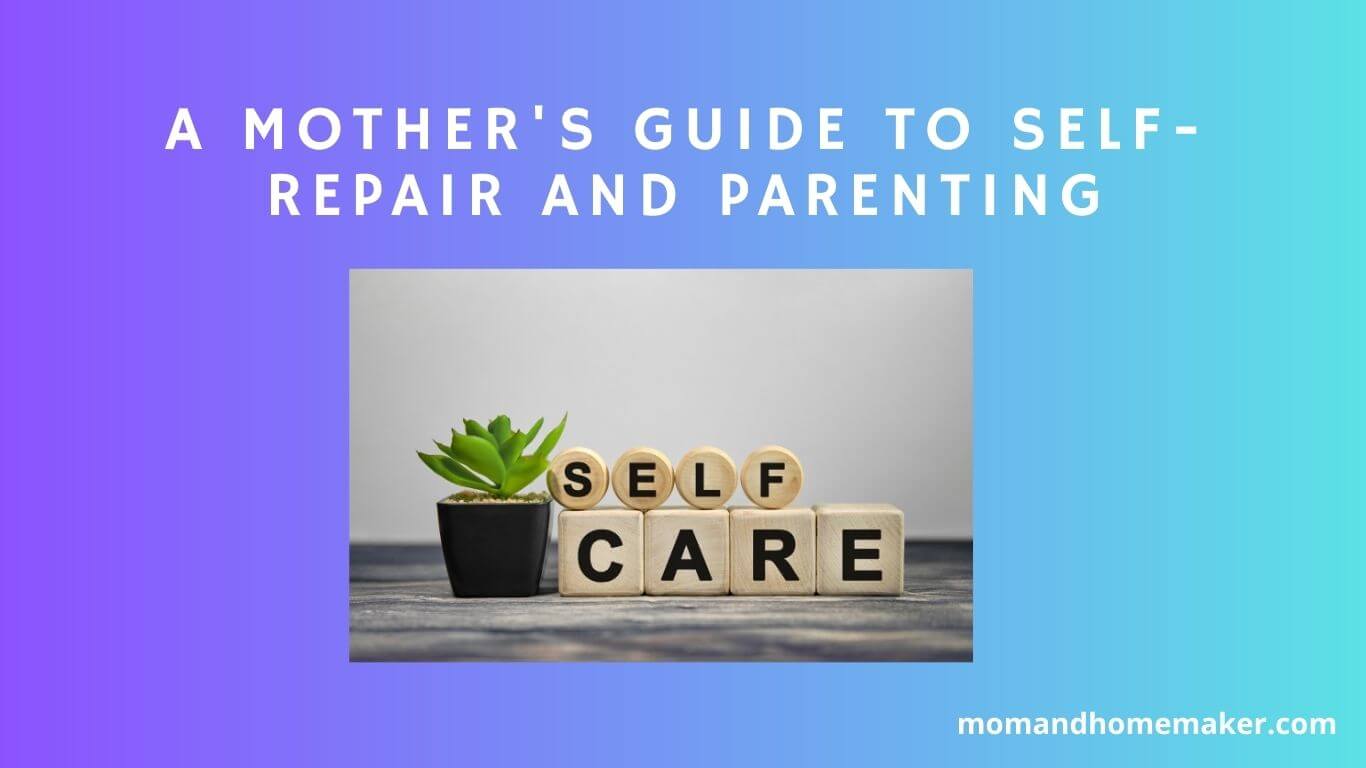While some may argue that children benefit more from social interactions outside the home, having a stay-at-home parent offers unique advantages that significantly impact a child’s overall development.
The presence of a parent at home plays a crucial role in shaping a child’s upbringing by fostering emotional stability, promoting attachment, and providing guidance in behavioral matters.
It is essential to consider the long-term implications this arrangement may have on your child’s future success and well-being.
Importance of Parental Presence
Building a strong connection with your child requires your active presence and engagement in their daily life. This bond you create as a parent is crucial for your child’s emotional security and overall well-being.
By being involved in your child’s day-to-day experiences, you offer them the support and reassurance they need to navigate the world with confidence. This emotional security forms a solid foundation for their development and growth.
Your presence is key in helping your child reach important milestones in their development. Through active engagement, you can witness and guide their progress, providing necessary encouragement along the way.
This involvement supports their learning and independence, allowing them to explore their interests and abilities in a safe and nurturing environment.
Prioritizing your presence in your child’s life not only strengthens your bond but also empowers them to become more independent individuals. Your active participation demonstrates to your child that they’re valued and supported, instilling a sense of self-worth and confidence in them.
By being there for your child consistently, you lay the groundwork for their emotional and cognitive development, paving the way for a fulfilling and meaningful future.
Emotional Stability and Attachment
Emotional stability and attachment play a crucial role in your child’s development and well-being. When you, as a stay-at-home parent, establish a secure attachment with your child, you create a strong emotional bond that offers them a sense of security and safety.
By consistently meeting your child’s emotional needs, you help them build trust and confidence in the world around them. This secure attachment forms the foundation for healthy emotional regulation, enabling your child to effectively manage their feelings as they grow.
Being present and attuned to your child’s emotions allows you to guide them through challenging situations and help them regulate their responses. Your comforting presence can ease their distress, teaching them valuable skills for self-soothing and coping with stress in the future.
Children who experience secure attachment are more likely to develop healthy relationships later in life, as they’ve learned how to express their emotions and trust others.
Moreover, emotional stability and secure attachment contribute significantly to your child’s overall well-being by reducing anxiety and fostering a positive self-image.
When children feel emotionally supported and connected to their caregivers, they’re better equipped to explore the world, acquire new skills, and thrive in various social settings.
Your role as a stay-at-home parent in nurturing this emotional bond is essential for your child’s development and long-term happiness.
Cognitive Development and Learning
Building a strong emotional connection through secure attachment as a stay-at-home parent is key for your child’s cognitive development and learning. This early stage significantly impacts your child’s brain growth, paving the way for better educational outcomes in the future.
Here are three ways your child benefits from your presence and involvement:
- Enhanced Language Skills: By engaging with your child through talking, reading, and singing, you create a language-rich environment. This constant exposure to language boosts their vocabulary and communication abilities, laying a solid foundation for academic success.
- Improved Problem-Solving Abilities: Through various activities and explorations with your child, you help them develop critical thinking and problem-solving skills. By encouraging them to think and supporting their learning journey, you nurture their cognitive skills and creativity.
- Strengthened Cognitive Development: Your active presence creates a stimulating space for your child to learn, explore, and discover. This continuous interaction and guidance positively impact their cognitive growth, enhancing memory, attention span, and overall learning capabilities. Your role as a stay-at-home parent plays a crucial role in shaping your child’s cognitive skills, preparing them for success in their educational path.
Social Skills and Peer Relationships
Building strong social skills and nurturing positive relationships with peers are key components of your child’s development as a stay-at-home parent.
Through your daily interactions and activities with your child, you play a vital role in helping them navigate communication skills, friendship dynamics, playdate etiquette, and conflict resolution.
When it comes to communication skills, it’s important to encourage active listening and the expression of thoughts and feelings. By modeling effective communication through meaningful conversations and practicing turn-taking and polite language, you can help your child develop these essential skills.
In terms of friendship dynamics, teaching your child about sharing, empathy, and cooperation is crucial. Additionally, guiding them to understand boundaries, respect in friendships, resolve conflicts peacefully, and appreciate different perspectives will set a strong foundation for healthy relationships with their peers.
Behavioral Guidance and Discipline
As a stay-at-home parent, it’s crucial to establish consistent and fair behavioral guidance and discipline methods to shape your child’s behavior effectively.
Here are some tips to help guide your child’s behavior:
- Set Clear Boundaries: Make sure to set clear rules and boundaries for your child. Communicate these boundaries clearly and enforce them consistently. Boundaries provide children with a sense of security and help them understand what’s expected of them.
- Use Positive Reinforcement: Encourage positive behavior by recognizing and rewarding it. Praise, small rewards, or extra privileges can be effective forms of positive reinforcement. By focusing on the good behavior, you help reinforce positive habits and boost your child’s self-esteem.
- Enforce Consistent Consequences: Consistency is key when it comes to discipline. Ensure that consequences for misbehavior are fair, age-appropriate, and consistently applied. Consistent consequences help children understand the connection between their actions and the outcomes, promoting accountability and learning from mistakes.
Health and Well-being
As a stay-at-home parent, your child’s health is a top priority for their overall well-being. Taking care of both their physical development and mental health is crucial while you dedicate your time to nurturing them. Here are some important points to keep in mind:
Physical Development:
Encourage outdoor play for exercise and fresh air, provide nutritious meals and snacks, schedule regular check-ups and vaccinations, promote good hygiene habits, and ensure adequate rest and sleep.
Mental Health:
Foster emotional intelligence and resilience, create a positive and supportive environment, teach coping strategies for stress and emotions, monitor for signs of anxiety or depression, and establish routines for stability.
Actions to Take:
Organize playdates for social interaction, practice mindfulness, and relaxation techniques together, engage in open communication and active listening, seek professional help if needed, and incorporate fun activities to reduce tension.
Long-term Impact on Adulthood
Your commitment to being a stay-at-home parent can have a lasting impact on your child as they grow into adulthood. Your presence and support during their formative years lay a strong foundation for their future. Here’s how staying at home can shape your child’s adulthood:
- Career Success and Fulfillment: Being there for your child in their early years boosts their confidence and self-esteem, setting them up for a successful career. Your guidance equips them with the skills to tackle challenges in the professional world, leading to a rewarding career path.
- Relationship Satisfaction and Communication: Your role as a stay-at-home parent helps you build strong bonds with your child, teaching them empathy, understanding, and effective communication. These skills are essential for forming healthy relationships in adulthood. Your presence fosters emotional expression, active listening, and peaceful conflict resolution, paving the way for meaningful relationships in the future.
Conclusion
Having a stay-at-home parent can significantly benefit children in various ways.
The emotional support, guidance, and care they receive play a crucial role in shaping their future well-being.
Despite the challenges, the sacrifices made by a stay-at-home parent are invaluable for a child’s growth and development.








